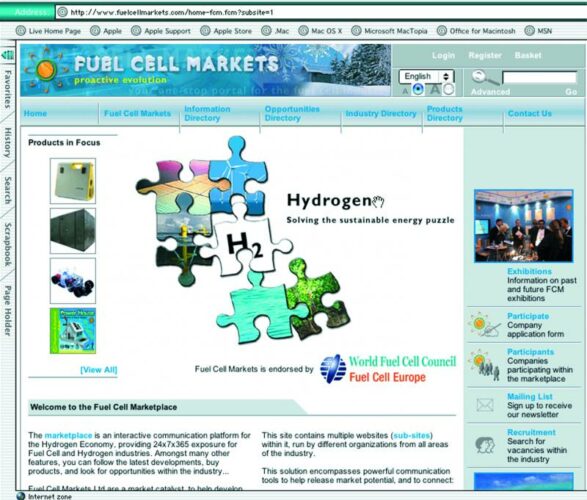Too little time, too many meetings—but for fuel cells at least, where not too many people are making money, there's an easier way of finding a partner.
There's no attempt to editorialise anything so what comes in as announcements is raw, so to speak, so it's Caveat Emptor for the user.
But it's very clear from the start what people are doing—offering job opportunities, selling hardware ,looking for investment or selling their skills, etc. How does Harper make it pay? That's easy. If you want anything more than a free listing . . .
to continue reading this article...
Sign up to any Premium subscription to continue reading
To read this article, and get access to all the Premium content on bestmag.co.uk, sign up for a Premium subscription.
view subscription optionsAlready Subscribed? Log In












